Author: Nicole Keeley
First impressions, though important, provide only a glimpse into one’s personality. More intricate characteristics - like trust, patience, indecision, and loyalty -take time to acknowledge in a person. Confidence, however, is instantly recognized and long remembered.
A shared attribute among the women I admire most is a self-assured confidence. I believe confidence is one of the most valuable, albeit overlooked, skills you can have. It requires self-assurance, satisfaction, and staying true to oneself and exists in many forms besides the extroverted version of confidence that most readily comes to mind.
Growing up in competitive figure skating taught me invaluable life lessons, and especially stressed the importance of confidence. For a short period, I let my success as a skater influence my confidence which negatively affected my overall happiness. As a perfectionist, this meant great self-criticism and insecurity that stemmed from failure. But through a combination of maturity and strategies (10 of which I listed below), I developed the sound confidence I possess today.
10 Ways to Improve Your Confidence
1. Practice positivity – Confidence, a “feeling of self-assurance”, comes entirely from within. Positive thoughts lead to belief in oneself. Pay attention to negative self-talk, transforming negative thoughts and self-criticism into positive ones. Only you have the power over your mind.
2. Reframe failure – Instead of viewing failure as a personal shortcoming, view it as an opportunity to learn from your mistakes and move one step closer to success. Avoid over-reacting by maintaining perspective, understanding the situation for what it truly is.
3. Do what makes you happy – I’ve personally found the happier you are, the more confidence you radiate. For me, happiness comes from working out (I’d highly recommend Rec Spin with Brooks or Boot Camp with WIB’s own Mackensie), spending time with friends and family, or simply a productive morning at Starbucks.
4. Surround yourself with good people – Although it comes largely from within, external support and positivity boosts confidence. My family, friends, and coaches encouraged the confidence in myself that I am so grateful for. I turned to them in times of self-doubt, and they reminded me to trust myself.
5. Self-reflection and recognition – Reviewing progress towards one’s goals, by recognizing even the smallest victories, enhances personal satisfaction. It’s important to remind yourself of how far you’ve come. A confident friend of mine recommended looking in the mirror and saying five good things about yourself to remind yourself of your strengths.
6. Work hard – In skating, I was told over and over again, “If you practice how you compete, then you will compete how you practice”. For anything, with preparation comes self-assurance.
7. Be yourself – Staying true to oneself leads to the serenity and self-assurance that characterizes confidence.
8. Avoid self-put downs or downplaying success – Don’t criticize yourself, apologize for something you didn’t do, or downplay your success if confidence is what you’re after. Embrace your imperfections as part of what makes you unique and be proud of your success and the hard work required to achieve it.
9. When necessary: fake it ‘til you make it – This is the weakest strategy on the list, but useful if you need a quick confidence fix. Standing tall, drawing your shoulders back, and holding your chin high portrays confidence through body language. It’s best to come across genuinely confident, which you can start by reminding yourself to be confident until it becomes automatic. When I need a further boost of confidence, I’ll wear my favorite pair of heels or a bracelet of special importance to me. This is less reliable than natural confidence, but I believe in the same way smiling can help you feel happier body language or physical goods can be used to enhance confidence. But at the end of the day, Blake Lively points out “The most beautiful thing you can wear is confidence”.
10. Be humble – As Kendrick Lamar advised, “Sit Down, Be Humble”. It’s important to stay grounded to avoid becoming over-confident or acting superior to others.
These are just a few of the tips that helped me attain complete self-confidence. Achieving it, however, requires real commitment. And like insecurity, it’s an ever-changing and constant work in progress. There are certainly days where thoughts of self-doubt find their way back into my mind, only to be fought with confidence. Everyone’s experience with confidence is unique but is one that should certainly be explored.
The advantages span countless contexts, from one’s social life to education, but are particularly applicable to business, especially in regard to women. The Atlantic published a story entitled “The Confidence Gap”, reporting evidence that women are typically less self-assured than men. With competence mattering as much as confidence, this is a critical issue that must be addressed. Having interviewed some of the most influential women, the authors were surprised to ascertain the level of self-doubt they suffered from. They found women often derive confidence from perfection (or near-perfection) which hinders their confidence development and ultimately causes inaction that holds women back. Within an organization, the most admired and listened to individuals are the most self-assured. To have the greatest influence in the workplace, it’s important women both today and in the future are bold and confident. Demi Lovato asks, “What’s wrong with being confident”, and to that I’d respond, absolutely nothing.
Check out the article here: https://www.theatlantic.com/magazine/archive/2014/05/the-confidence-gap/359815/
